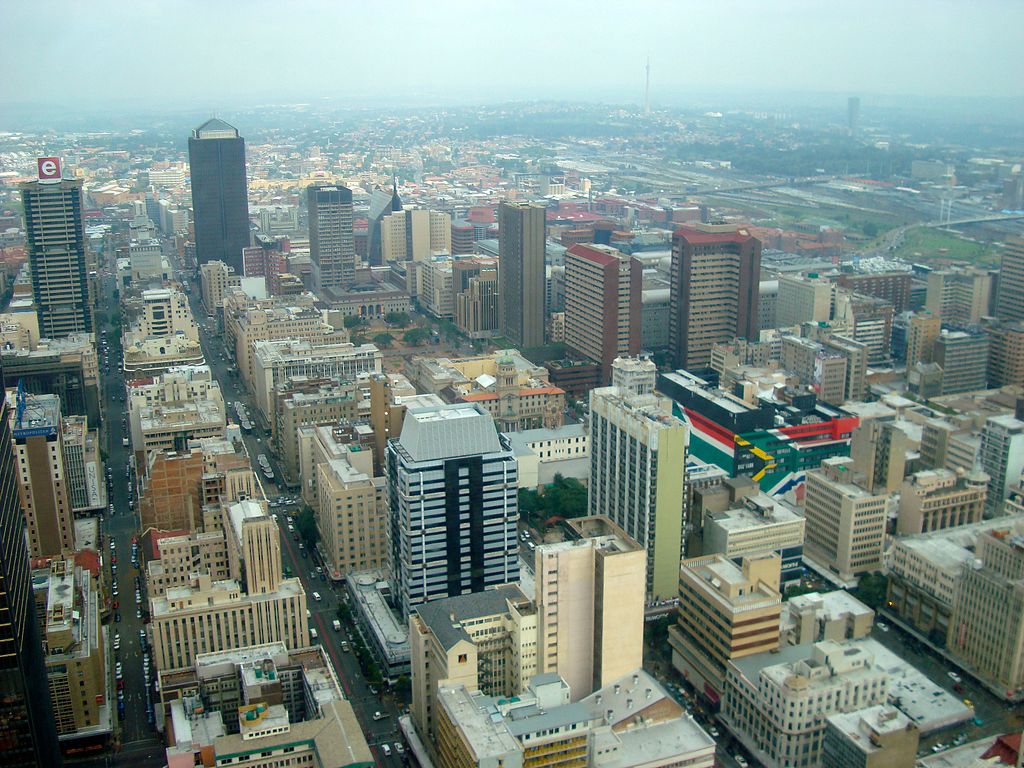Over the past decade, weak economic growth, fiscal pressures, and government financial support for state-owned enterprises have limited infrastructure investment.
The South African government plans to invest 812 billion rand ($48 billion) in infrastructure projects over the next three years, Finance Minister Enoch Godongwana announced on August 18.
“This is a crucial step forward in moving towards the goals of the National Development Plan 2030, and it is an important signal to investors, industry and society that the government is committed to accelerating the infrastructure delivery,” he told a national infrastructure conference in Johannesburg.
The Minister also indicated that the amount of investments programmed in infrastructure over the next three years is up 30% compared to the investments made over the past three years.
“To grow the economy and reduce unemployment and poverty, public and private sector capital investment, which accounted for 13.7 percent of GDP in 2020, must increase significantly,” he said.
Enoch Godongwana also clarified that certain factors have limited the government’s ability to invest in new infrastructure over the past decade, citing in particular weak economic growth, budgetary pressures and the financial support provided by the State to the public companies.
However, he acknowledged that investments in major infrastructure projects still face significant challenges, including the lack of maintenance of existing infrastructure which requires renovation and thus prevents the launch of new projects, corruption characterizing the process of award of public contracts and the decline in public-private partnerships (PPPs), the value of which fell from R10.7 billion in 2012 to R5.6 billion in 2020, due in particular to a process of costly and complicated approval.





























Réagissez à cet article